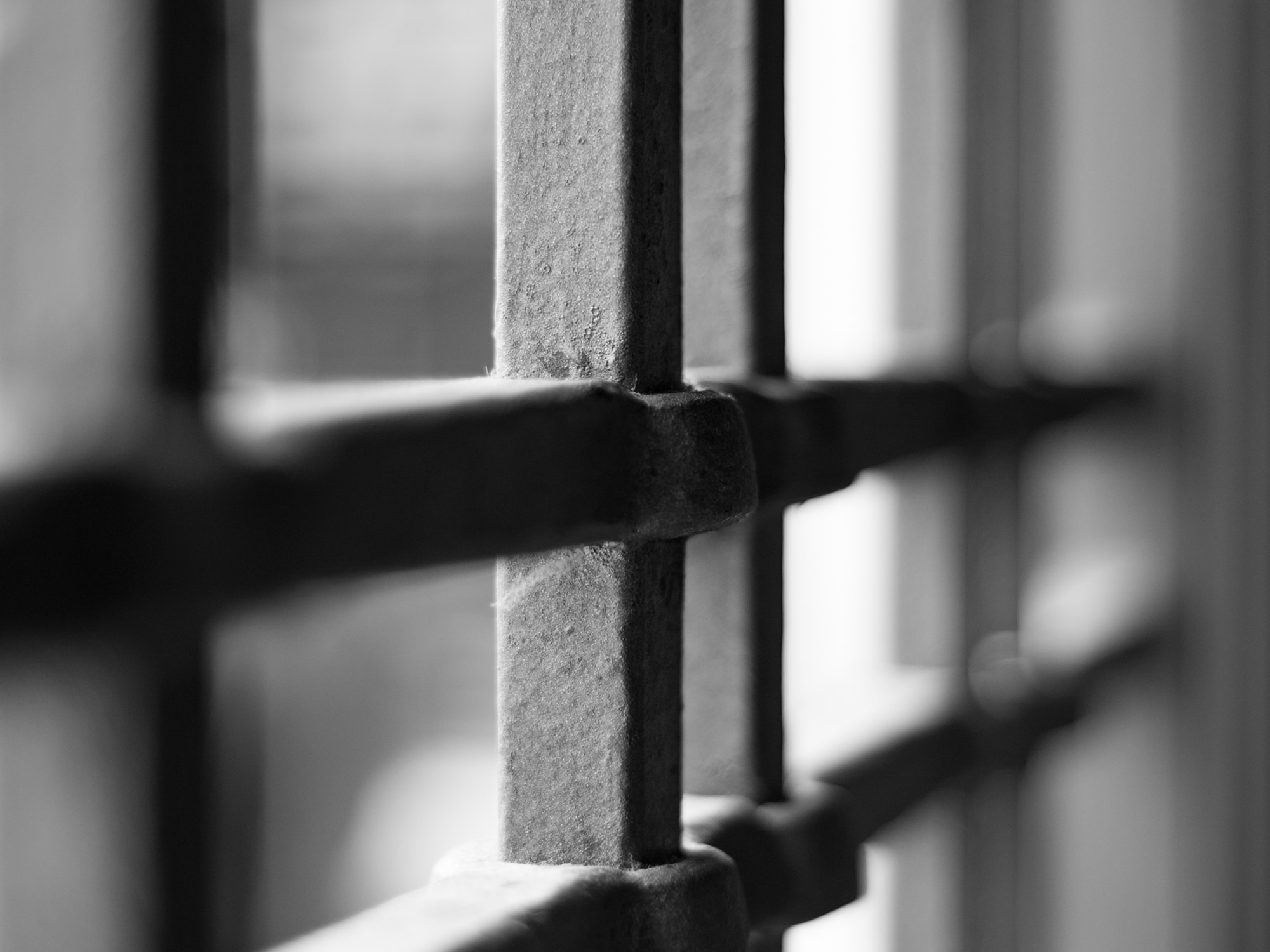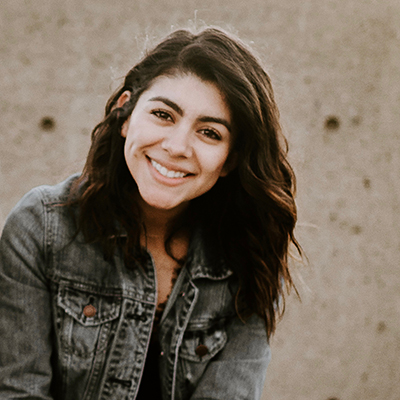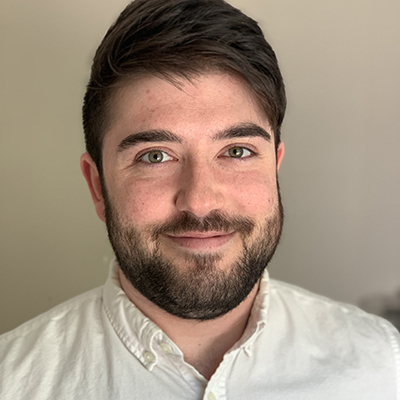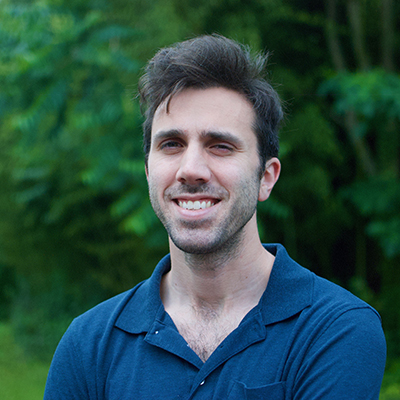Students Assist Inmates Seeking Release Due to COVID-19
A pro bono effort pairs BU Law students with local attorneys working to secure emergency release for inmates at risk of contracting the virus.

Photo by Marco Chilese on Unsplash
Students Assist Inmates Seeking Release Due to COVID-19
A pro bono effort spearheaded by Criminal Law Clinical Program Director David Rossman pairs BU Law students with local attorneys working to secure emergency release for inmates at risk of contracting the virus.
In late April, Boston University School of Law Student Stacey Menjivar (’22) received a phone call from an inmate at FMC Devens, a federal prison in western Massachusetts.
The inmate, incarcerated on a nonviolent drug charge until 2028, was seeking emergency release from prison and to serve the remainder of his sentence on home confinement due to the global COVID-19 pandemic.

“I heard urgency; I heard fear; I heard a bit of hopelessness,” Menjivar says. “His priority was to get home to his family, the same sort of worry I have for my family.”
Menjivar spoke to the client as part of a pro bono effort at BU Law to assist inmates whose health is in danger because of the virus’ potential to spread in prisons and jails. Spearheaded by David Rossman, director of the Criminal Law Clinical Program, the initiative connects interested students with local attorneys who are helping clients with motions for emergency release. By early June, 21 students had signed up.
“These cases came at a very busy time for the students—right before exams,” Rossman says. “They were unstinting in their willingness to help.”
The issue couldn’t be more pressing. In the face of the pandemic, efforts to reduce prison and jail populations are ongoing around the world. In the United States, which has the highest number of people behind bars, nearly 75 percent of federal inmates tested for COVID-19 were found to have the virus. On May 26, the US Supreme Court declined to overturn a lower court’s ruling ordering prison officials to protect older and medically vulnerable inmates at a facility in Ohio where several inmates died of COVID-19.
“Prison facilities do not allow for social distancing,” Menjivar says. “Basically, anyone in confinement has lost the ability to be proactive about their health. It’s impossible to follow the basic health rules we’ve been given. That just shows how disenfranchised these populations are.”

Alexander Weinstein (’21), who finished his first semester as a “junior” in the Criminal Law Clinical Program this spring and will be a “senior” in the Defender Clinic in the fall, signed up as soon as he heard about the pro bono opportunity. He had been looking for ways to volunteer with local public defender offices and the Massachusetts LGBTQ Bar Association.
“Everyone who was even remotely in contact with criminal law was talking about the pandemic, thinking, ‘Oh my god; everybody is trapped,’” he says.
Working under the guidance of Michelle Menken, a criminal defense attorney in Newton, Weinstein drafted a 34-page motion for emergency release for a client who is about five years into a 15-year sentence for conspiracy to distribute marijuana and other charges. The motion, which was still pending in early June, was Weinstein’s first in a criminal case although he has extensive experience with civil litigation from his time as a legal assistant at GLBTQ Legal Advocates & Defenders (GLAD) before law school.
“It felt great to know that I contributed,” says Weinstein, who is interning at a New Hampshire Public Defender’s office this summer. “I’ve never been more certain that [public interest work] is exactly what I want to be doing.”
Prison facilities do not allow for social distancing. Basically, anyone in confinement has lost the ability to be proactive about their health. It’s impossible to follow the basic health rules we’ve been given. That just shows how disenfranchised these populations are.
David Gagne (’21), who will be a senior in the Prosecutor Clinic this fall, was also actively seeking COVID-19-related volunteer opportunities when he learned about Rossman’s initiative. Working with defense attorney Stephen Huggard, he wrote two motions for emergency release for pre-trial detainees being held at federal prisons in Massachusetts. Both motions were denied, but Gagne says the effort was worthwhile.
“It felt energizing,” he says. “Being able to be a part of something that can make a difference was really important to me.”
Weinstein and Gagne both emphasized the importance of collaboration among defense attorneys in their work on the cases. Public defenders around the country have been sharing information and best practices in COVID-19-related motions.

“The biggest thing I learned was the value of attorneys from different areas sharing what works and what doesn’t work,” Gagne says.
Weinstein agrees.
“One of the things that was really fascinating about getting involved in this work was suddenly being put in connection with a lot of criminal defense attorneys working really hard all across the country on this exact issue,” he says. “I’m excited to be in this profession and to do more.”
Given the virus’ potential for harm, the stakes could not be higher.
“We’ve got millions of people locked up in the United States with nowhere to go,” Weinstein says. “The operative risk is getting really, really sick or dying, and were these people sentenced to that? No.”
